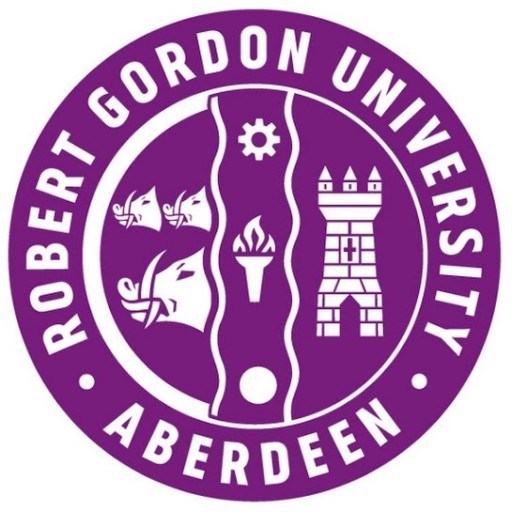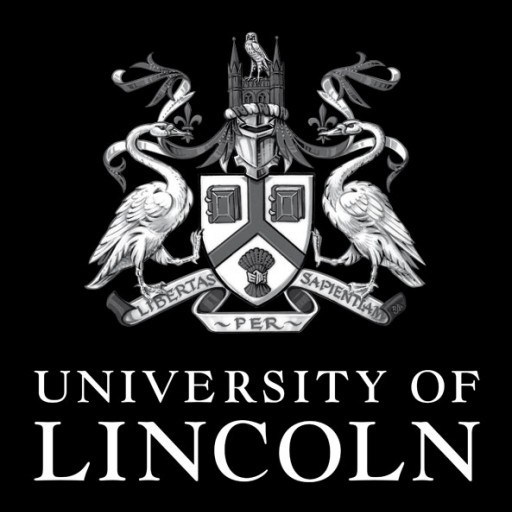Program Description:
The MSc in Sports Biomechanics at Robert Gordon University offers an in-depth exploration of the scientific principles that underpin human movement in sports and exercise. Designed for students with a background in sports science, physiology, or related fields, this programme combines theoretical knowledge with practical skills to enhance athletic performance and prevent injuries through biomechanical analysis. Over the duration of the course, students will engage with cutting-edge topics such as motion capture technology, force analysis, ergonomics, and sports performance optimization. The curriculum emphasizes hands-on experience, allowing students to work with industry-standard equipment and software, conduct independent research, and critically evaluate biomechanical data. Throughout the programme, learners will develop a comprehensive understanding of human movement during various sports activities, learning how to assess, interpret, and apply biomechanical data to improve techniques, training regimes, and equipment design. The course is suitable for those aspiring to work in sports performance analysis, rehabilitation, or related fields, providing a solid foundation for careers in academia, industry, or sports organizations. With a strong emphasis on research and real-world applications, students are encouraged to undertake independent projects that contribute to the advancement of sports biomechanics. The programme’s flexible structure enables part-time study, making it accessible for professionals looking to enhance their expertise. Graduates of this programme will leave with the skills necessary to analyze complex biomechanical systems, contribute to sports science research, and make impactful improvements to athletic performance and injury prevention strategies.
The BSc (Hons) Sports Biomechanics programme at Robert Gordon University offers students a comprehensive understanding of the scientific principles underlying human movement and performance. This course aims to equip students with the knowledge and practical skills necessary to analyze and improve athletic performance through biomechanical assessment and intervention. Throughout the programme, students explore the mechanics of sports movements, injury prevention strategies, and the application of cutting-edge technology in sports analysis. The curriculum combines theoretical foundations with practical experience, including motion analysis, force measurement, and data interpretation using industry-standard equipment. Students will examine topics such as human anatomy, physiology, and motor control, alongside specialized modules in biomechanics, sports science, and research methods. The programme promotes an interdisciplinary approach, encouraging collaboration with sports scientists, physiotherapists, and coaches to develop tailored training and rehabilitation programs. Practical sessions often take place in dedicated biomechanics laboratories, where students learn to operate equipment such as 3D motion capture systems, force platforms, and electromyography devices. Additionally, students will undertake research projects and case studies, fostering critical thinking and problem-solving skills essential for working in sports performance or rehabilitation environments. The course prepares graduates for careers in sports performance analysis, rehabilitation clinics, sports technology development, or further academic research. With experienced lecturers and strong industry links, the programme emphasizes employability and practical skills, ensuring students are well prepared to meet the demands of the sports and exercise science sector. Overall, the Sports Biomechanics programme at Robert Gordon University offers an in-depth exploration of the biomechanics of exercise and sport, combining scientific theory with practical application to support athlete development, injury prevention, and performance enhancement.
Entry requirements for the Sports Biomechanics MSc at Robert Gordon University typically include a relevant undergraduate degree in sports science, sports studies, biomechanics, human movement, or a related discipline. Applicants are often required to have achieved a good honours degree (usually a 2:2 or equivalent), demonstrating adequate knowledge and interest in biomechanics and sports sciences. Work experience in relevant fields may also be considered alongside academic qualifications, especially for mature students or those without the specified degree background.
English language proficiency is mandatory for international students, with accepted tests including IELTS with an overall score of at least 6.0, and no element below 5.5, or equivalent. The program aims to admit students who possess a strong foundation in biomechanics, physiology, and sports science principles, preparing them for postgraduate study and careers in sports performance, athlete support, and exercise science.
Applicants may need to submit personal statements outlining their interest in biomechanics and motivation for studying the program. Some applicants might be asked to participate in an interview to assess their suitability for postgraduate research and coursework. It is also recommended that applicants have basic competencies in data analysis, research methods, and computer software relevant to biomechanics, such as motion analysis systems and statistical packages.
The university encourages applications from diverse backgrounds and values relevant practical experience, professional qualifications, and engagement in sports or related fields. The entry process involves reviewing academic transcripts, references, and sometimes supplementary materials such as portfolios or research proposals, depending on the applicant's background. Meeting the minimum requirements does not guarantee admission, as selection is competitive and based on the overall strength of the application.
Please note that specific entry requirements may vary year by year and detailed instructions are available on the official Robert Gordon University admissions web pages. It is advised to review the official university website or contact the admissions office directly for the most current and precise information.
The financing options for the Sports Biomechanics undergraduate program at Robert Gordon University are designed to support both UK and international students throughout their studies. UK students can access various funding sources, including government-funded student loans from the Student Loans Company, which typically cover tuition fees and may provide maintenance support for living expenses. Tuition fees are paid directly to the university, with specific amounts varying depending on whether students are UK or international, and are subject to annual adjustments. Students are encouraged to explore the Student Awards Agency for Scotland (SAAS) for possible funding, including grants and loans tailored to Scottish residents.
International students are responsible for covering their tuition fees independently, though they can seek external scholarships, sponsorships, or private loans to support their studies. Robert Gordon University offers a limited number of scholarship opportunities based on academic merit or financial need, which can significantly reduce the cost of education. Additionally, students may explore external funding agencies, sports associations, or industry partnerships that support students pursuing careers in sports sciences and biomechanics.
Part-time work is often a viable option for students seeking to offset living expenses during their studies, and the university provides resources and guidance to help students find suitable employment opportunities. Furthermore, some students might qualify for hardship funds or bursaries offered by the university or external organizations in cases of financial difficulty.
Overall, financing a Sports Biomechanics degree at Robert Gordon University involves a combination of government-backed loans, scholarships, personal savings, and potential part-time employment, enabling students to effectively plan and manage the costs associated with their studies. It is recommended that prospective students consult the university’s official financial support webpages and contact the university’s student finance advisors for personalized guidance and the most current information on available funding options.
Sports Biomechanics at Robert Gordon University offers a comprehensive program designed to provide students with in-depth knowledge and practical skills related to the analysis of human movement in sport and exercise contexts. The course equips students with a solid understanding of biomechanical principles, helping to optimize athletic performance and prevent injuries. Throughout the program, students engage with modules covering topics such as motor control, human anatomy, movement analysis, sports performance, and research methods. The curriculum integrates theoretical learning with practical experience, including laboratory work and data collection using advanced motion analysis technology. Students have the opportunity to work on real-world projects, collaborating with sports organizations and athletes to apply biomechanical techniques to improve performance and reduce injury risks. The program is suitable for those interested in pursuing careers in sports science, physiotherapy, athletic training, or research. Graduates of the course are well-prepared for employment in sports teams, fitness centers, rehabilitation clinics, sports technology companies, or for further academic research. The university provides excellent facilities, including state-of-the-art laboratories equipped with motion capture systems, force platforms, and electromyography equipment, ensuring students gain practical exposure to industry-standard equipment. The course emphasizes evidence-based practice and encourages an analytical approach to problem-solving, fostering skills in critical thinking and data analysis. The duration of the program typically spans one year for full-time study or part-time options to accommodate working professionals. Overall, Robert Gordon University’s Sports Biomechanics course aims to develop skilled practitioners capable of applying biomechanical analysis to enhance sports performance and athlete health.









